The 2025 Law on Inspection is one of the typical works and products to welcome the 1st Congress of the Government Party Committee, term 2025-2030.
The project was completed in an important historical context, contributing to building a streamlined, strong, efficient and effective inspection system, improving the capacity of State management, controlling power, preventing and combating corruption and negativity, and protecting the interests of the State and people.
The 2025 Law on Inspection is a symbol of continuous innovation, contributing to building an honest, creative, and active Government for the people and for the prosperous development of the country in the new era.
The Standing Committee of the Government Inspectorate Party Committee, directly led by Mr. Le Tien Dat, member of the Standing Committee of the Party Committee, Deputy Inspector General of the Government, has highly focused on leading and directing the drafting of the Law project to fully institutionalize the viewpoints and policies of the Party and State.
In particular, the 2025 Inspection Law has thoroughly grasped and fully concretized Conclusion No. 134-KL/TW of the Politburo and Secretariat on streamlining the inspection agency system towards streamlining and effective operation - a strategic step forward in the process of building a modern, dynamic and honest State apparatus.
Strongly innovate the work of building and perfecting laws
Deputy Government Inspector Le Tien Dat shared that during the 2020-2025 term, the Party Committee and leadership of the Government Inspectorate have always identified law-making as a key task of strategic significance for the development of the industry.
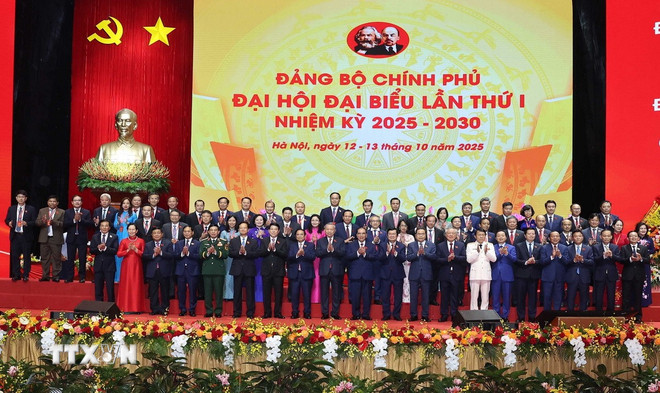
The Government Inspectorate Party Committee has directed the synchronous and drastic implementation of solutions, from perfecting the organization and apparatus for legal work, supplementing human resources, to innovating methods and improving the quality of consulting and drafting documents.
Thanks to that, the work of law-making has had a clear change, reflected in the timely institutionalization of many major policies of the Party, the completion of the legal framework serving the organization and operation of inspection agencies, contributing to improving the effectiveness and efficiency of State management in assigned fields. Many important legal documents have been submitted for promulgation, including fundamental laws, decrees and circulars, creating a synchronous legal basis for inspection activities, citizen reception, complaint and denunciation settlement, prevention and combat of corruption, negativity and waste.
One of the outstanding results in the institutional building work is that in a short period of time, from March 2025 to early August 2025, the Government Inspectorate advised the Government to develop and submit to the National Assembly for approval the Law on Inspection (amended), submit to the Government for promulgation 4 decrees, and simultaneously issue 3 circulars in the spirit of "running and queuing at the same time" to promptly institutionalize the Party's policies, perfect the legal framework for the organization and operation of inspection agencies and the State management areas of the Government Inspectorate.
These results show the strong innovation and determination of the Government Inspectorate in the work of building and perfecting laws.
Cut 40% of administrative procedures and promote decentralization and delegation of power
The 2025 Law on Inspection is a large-scale comprehensive law, related to dozens and hundreds of specialized laws. The Law Project has amended 20 directly related laws, contributing to perfecting the entire legal system on inspection, examination and supervision in the State apparatus.
The Law reflects the spirit of "6 clear" as directed by the Prime Minister, in particular, reducing 45% of the number of articles compared to the 2022 Law on Inspection on the basis of inheriting quality regulations, amending and perfecting inadequate regulations, and adding new regulations to promptly institutionalize the Party's guidelines and policies; cutting 40% of administrative procedures and focusing on promoting decentralization and delegation of power - demonstrating innovative thinking, scientific action and a spirit of dedication to reform.
The 2025 Inspection Law also marks a major breakthrough in the thinking of governance and control of State power. In particular, the 2025 Inspection Law has good legislative techniques, so it meets both content and form requirements. This is an important step forward in perfecting the legal system on inspection, fully institutionalizing the policies and guiding viewpoints of the Party and State.
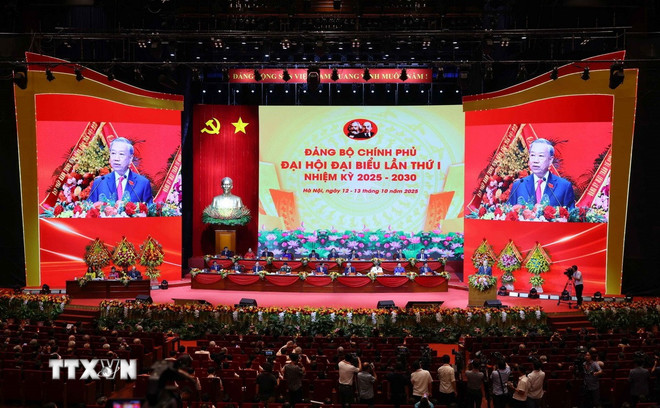
In addition to ensuring a two-level inspection agency, the 2025 Inspection Law also clarifies the working relationship between the Government Inspectorate and ministries, branches, and localities; between provincial inspectorates and departments and branches. In addition, it completes the concept of "inspection," without distinguishing between administrative inspection and specialized inspection.
Furthermore, the role of the inspection agency is to "review, evaluate, conclude, and recommend handling," while handling violations is done by other tools according to authority.
In order to institutionalize Resolution 57 of the Politburo, for the first time, online and remote inspection based on electronic data has been legalized - a new method, a strong step forward in the national digital transformation process. Thereby, helping to increase effectiveness, efficiency, reduce time in some cases and avoid direct contact with the inspection subjects - a solution to prevent negative corruption in inspection activities...
Create a solid legal corridor to maintain discipline and administrative order.
Deputy Inspector General of the Government Le Tien Dat said that entering a new development phase, the Inspectorate has determined that law-making is a strategic pillar, closely linked to the need to improve the quality, effectiveness and efficiency of the entire sector's operations. Therefore, the biggest direction is to continue to strongly innovate the thinking of law-making, shifting from management to service thinking, from passive to proactive, creating for development, and must envision what development requires in order to have appropriate regulations.
This spirit is also the content that General Secretary To Lam has repeatedly emphasized: Law making must be one step ahead, ensuring high predictability, being consistent with reality and requiring quick application to serve development needs.
Implementing the direction of General Secretary To Lam, the Government Inspectorate will focus on promptly institutionalizing the Party's policies and guidelines, especially those directly related to the requirements of innovation in the organization and operation of the sector in the context of implementing two-level local government.
New legal documents must ensure transparency and accountability while removing "bottlenecks" in practice, creating a favorable legal corridor to improve the quality of inspection work, citizen reception, complaint and denunciation settlement, and prevention and combat of corruption, negativity and waste.
The Government Inspectorate will proactively advise on amending and supplementing important laws, decrees and guiding circulars in a way that is easy to apply, easy to inspect and monitor, and ensures consistency and high feasibility.
Implementing the direction of General Secretary To Lam, Head of the Central Steering Committee on preventing and combating corruption, waste and negativity, the Government Inspectorate is continuing to focus on drafting the Law amending and supplementing a number of articles of the Law on Prevention and Combating Corruption and amending three laws: Law on Citizen Reception, Law on Complaints, Law on Denunciations to submit to the 15th National Assembly at the 10th Session (October 2025).
Each new legal document is built towards increasing transparency, promoting accountability, ensuring feasibility and effectiveness. Thereby, creating a solid legal corridor for the activities of the Inspection sector to truly become a sharp tool in maintaining discipline, administrative order, protecting the legitimate rights and interests of the State, organizations and citizens.
In addition, the Government Inspectorate will also prioritize perfecting mechanisms and policies to ensure close and synchronous coordination between the Government Inspectorate and ministries, branches and localities; at the same time, promote the application of digital technology in management and data exploitation to serve the work of law-making. The goal is to build a legal system on inspection that is both synchronous and feasible, meeting the requirements of rapid and sustainable development of the country./.
Source: https://www.vietnamplus.vn/doi-moi-tu-duy-xay-dung-phap-luat-de-giu-gin-ky-luat-ky-cuong-hanh-chinh-post1069981.vnp







![[Photo] Solemn opening of the 1st Government Party Congress](https://vphoto.vietnam.vn/thumb/1200x675/vietnam/resource/IMAGE/2025/10/13/1760337945186_ndo_br_img-0787-jpg.webp)
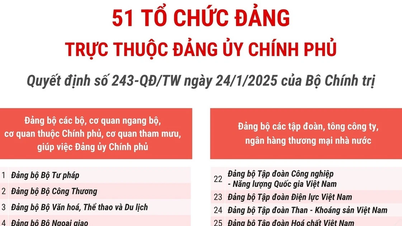
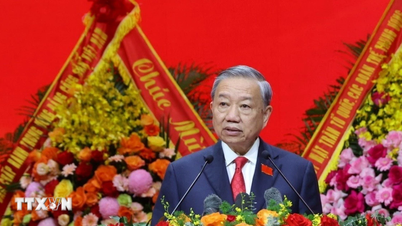
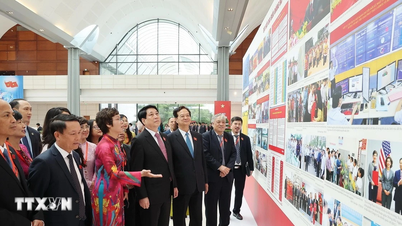


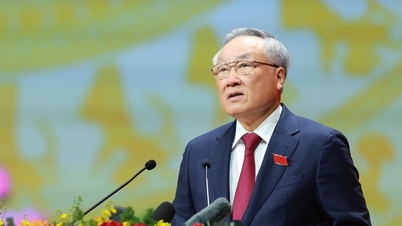

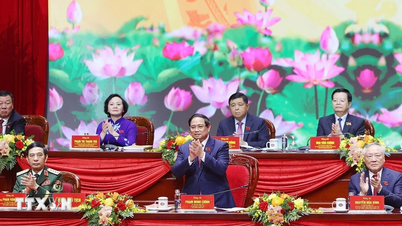
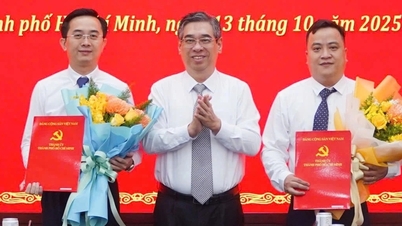

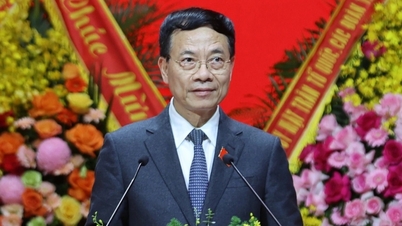
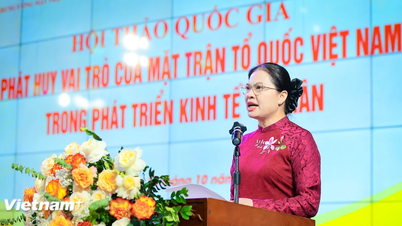
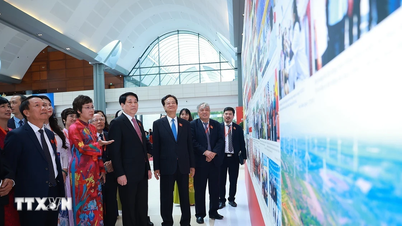
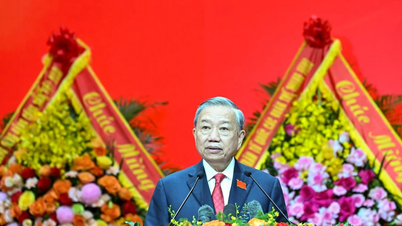





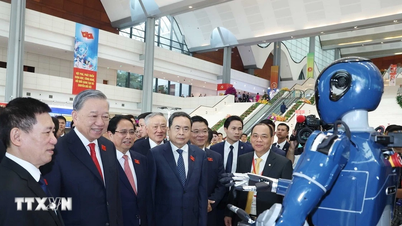


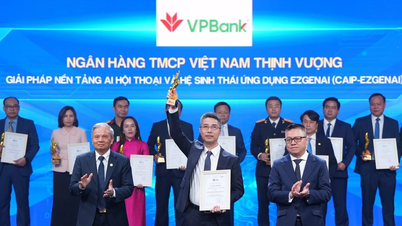

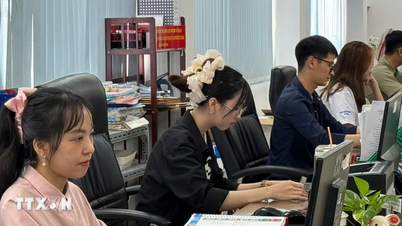
![[Photo] General Secretary To Lam attends the opening of the 1st Government Party Congress](https://vphoto.vietnam.vn/thumb/1200x675/vietnam/resource/IMAGE/2025/10/13/1760321055249_ndo_br_cover-9284-jpg.webp)


























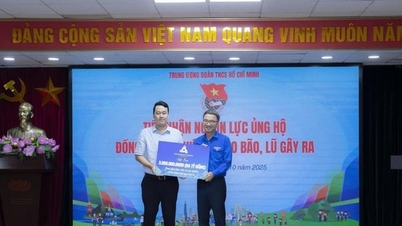

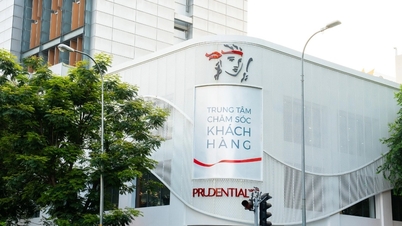







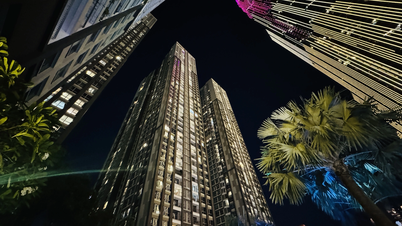








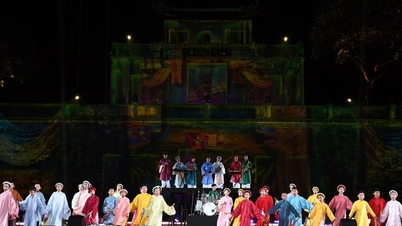
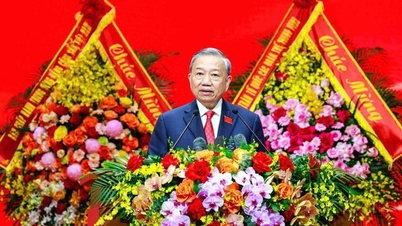
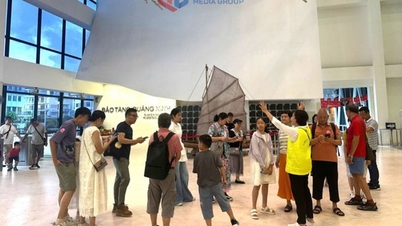
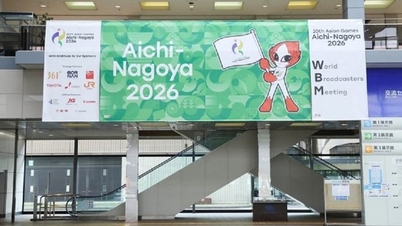


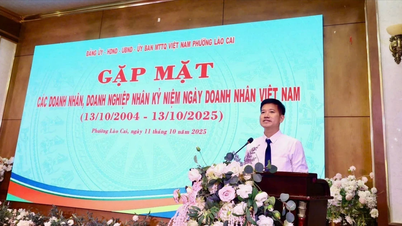
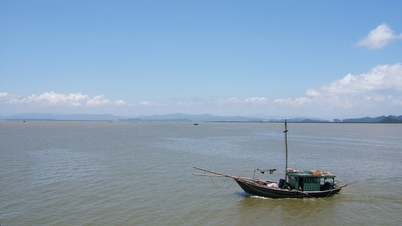

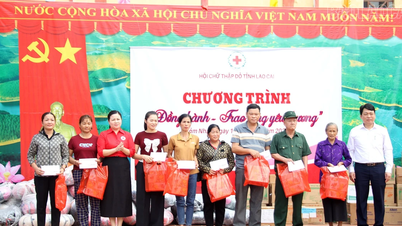




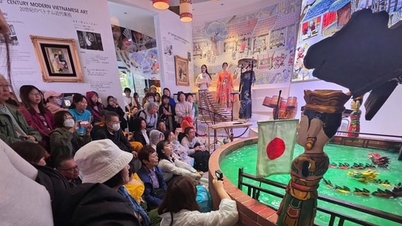













Comment (0)